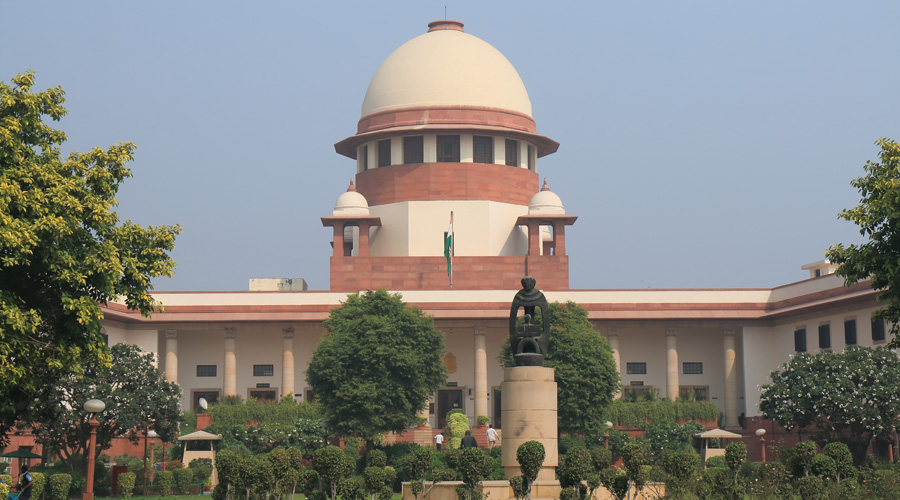The Supreme Court on Wednesday struck down the Maharashtra law granting quota to Marathas in admissions and government jobs, terming the statute as unconstitutional".
It also refused to refer the 1992 Mandal judgement, setting a 50 per cent cap on reservation, to a larger bench for reconsideration.
A five-judge bench headed by Justice Ashok Bhushan concurred on three major issues, framed during the hearing, and said that no exceptional circumstances or the case was made out by Maharashtra to breach the 50 per cent cap on reservation.
Justices LN Rao, Hemant Gupta and S Ravindra Bhat concurred with Justice Bhushan and S Abdul Nazeer in upholding the constitutional validity of the 102nd amendment but said states cannot decide on the list of Socially and Educationally Backward Classes (SEBC) and only the President has the power to notify it.
Justices Bhushan and Nazeer in their minority view said both the Centre and State have powers to decide on the list of SEBC.
The majority verdict also directed the Centre to notify a fresh list of SEBCs, and said till the time notification is being issued the existing list will hold its place.
The top court unanimously refused to refer the Mandal judgement to a larger bench for reconsideration on issues including permitting the state to breach the 50 per cent ceiling on quota in extraordinary circumstances.
The bench also said that appointments made in government jobs and admissions in post graduate courts after the Bombay High Court verdict of 2019 upholding Maratha quota and September 9, 2020 order of the top court staying the implementation of quota will not be affected.
The judgement came on a batch of pleas challenging the Bombay High Court verdict which had upheld the grant of reservation to Marathas in admissions and government jobs in the state.
The top court unanimously refused to refer the Mandal judgement to a larger bench for reconsideration on issues including permitting the state to breach the 50 per cent ceiling on quota in extraordinary circumstances.










